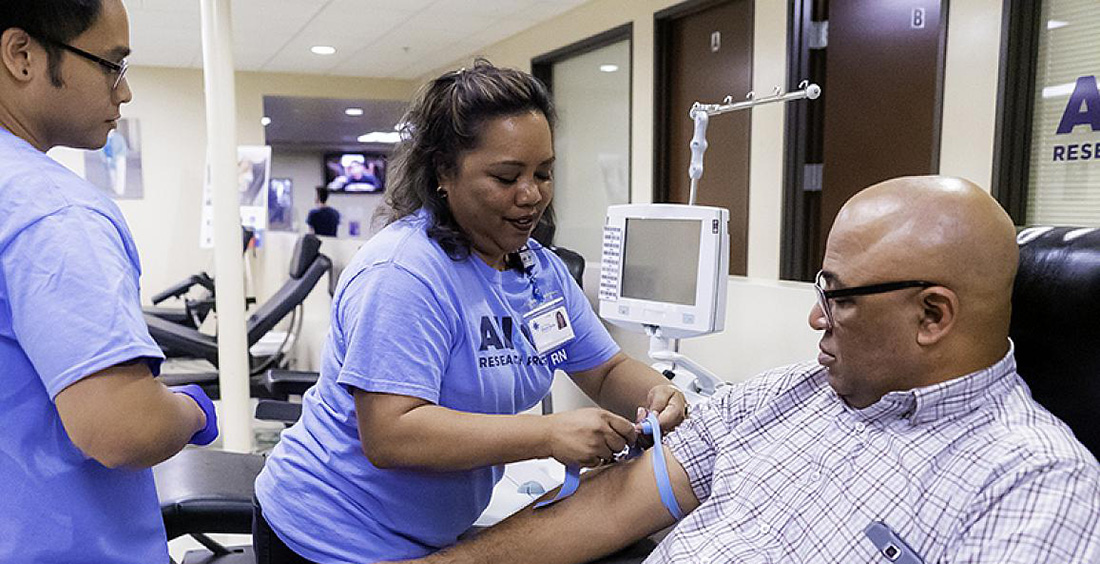
31 Jan 7 ways to expand diversity in precision medicine research
By Sara Berg, American Medical Association
Ethnic and racial minority populations in the U.S. have a long history of being mistreated by the health care system, researchers and the government. The resulting mistrust can pose a challenge for researchers seeking to understand the biology of complex traits, as well as for physicians interested in delivering personalized care to diverse patients. Diversity in precision medicine research is crucial for understanding genetic differences that shape so many health outcomes and potential treatments.
Learn what physicians and health systems can do to advance precision medicine research and build rapport and trust to increase minority participation in critical research.
Genetics and precision medicine have become increasingly important in effective patient care. Through its partnerships and research, the AMA is advancing the ethical implementation of precision medicine.
About 10% of the world’s population is of European ancestry. However, this population accounts for 78% of genetic study participants. The National Institutes of Health’s All of Us Research Program aims to address this disparity in medical research by enrolling 1 million or more participants to gather data on a wide variety of health conditions.
The AMA has partnered with the All of Us program, which aims to enable a new era of medicine through research, technology, and policies that empower patients, researchers and providers to work together to develop individualized care. This program is intended to gain better insights into the biological, environmental and behavioral influences on disease to enhance prevention and treatment. Read more …



